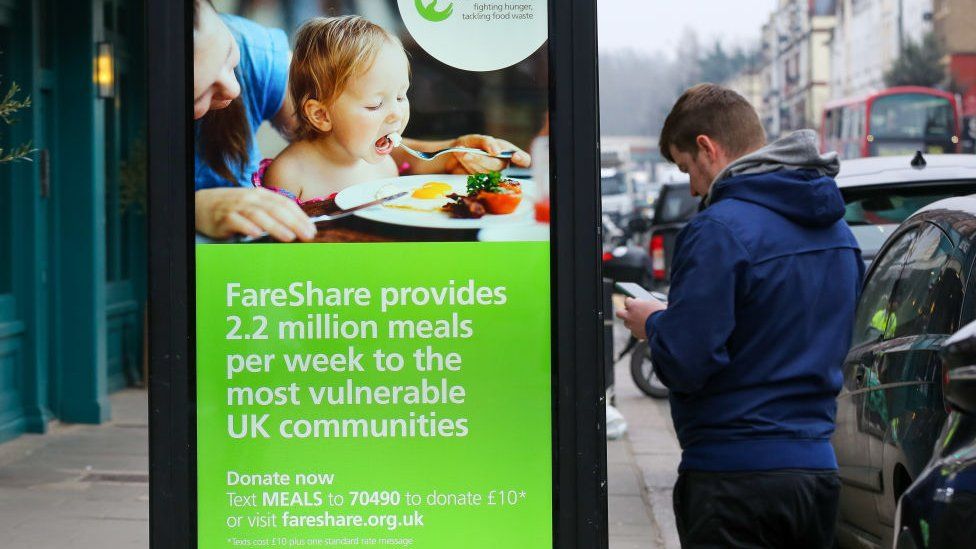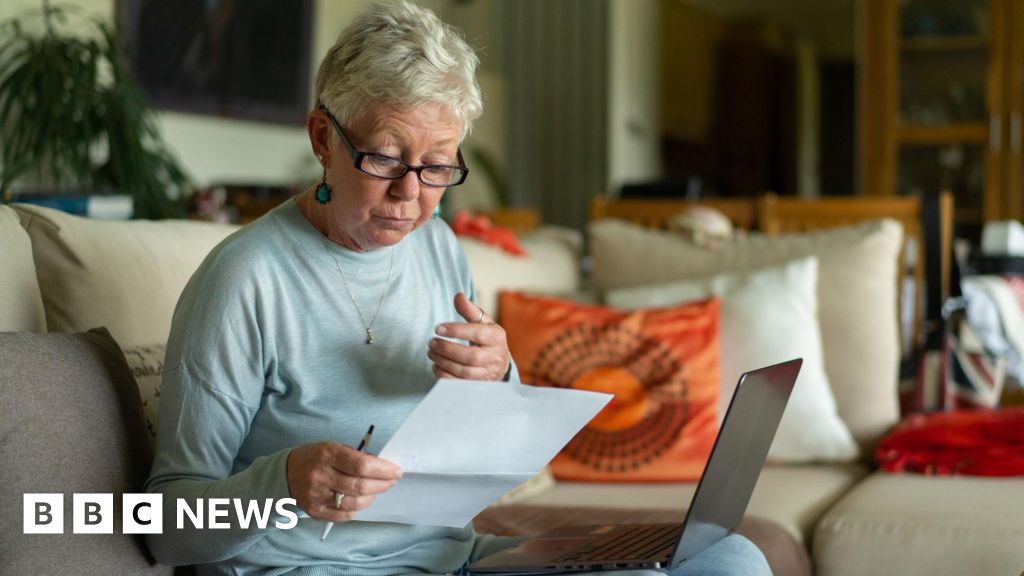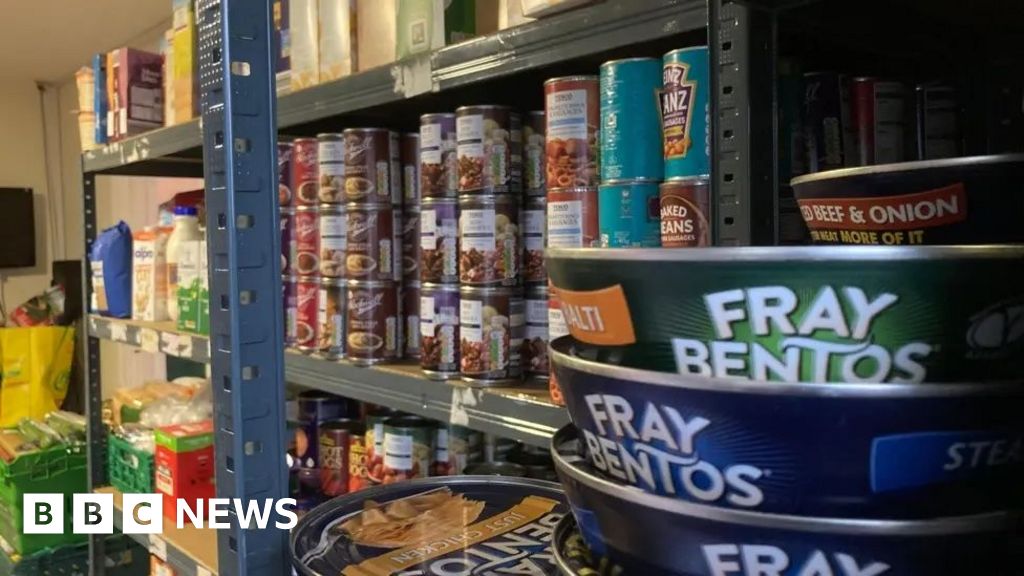ARTICLE AD BOX
 Image source, Getty Images
Image source, Getty Images
By Rebecca Wearn & Colletta Smith
BBC Business reporters
Food waste charity Fareshare has told the BBC it has seen a drop of around 200 tonnes in supermarket surplus donations every month this summer.
The charity said the reduction had come at the same time as demand on the services they support surged.
The BBC understands Fareshare is writing to major supermarkets, asking for an increase in contributions.
Tesco, Sainsbury's, Morrisons, Asda and Waitrose all told the BBC their donations were steady.
Sainsbury's and Asda said they were also committed to reducing food waste with Sainsburys acknowledging this could affect donations.
Fareshare redistributes food waste to smaller charitable and community projects across the UK.
It said there was less waste food due to a combination of ongoing global food production and supply chain issues.
At the same time, supermarkets are striving to be more efficient and waste less, in order to keep prices for their customers low.
Carl Hawkes, head of network at the charity, explained that donations from supermarket warehouses were particularly valuable.
"If you're a community group trying to make a meal, out of say, beetroot, that's really hard," he said.
"Whereas the retail food is very mixed. It's much easier for our charities and beneficiaries to make meals out of what they send."
Carl Hawkes from Fareshare said supermarket donations offered a variety of meal options for low-income families
Mr Hawkes showed the BBC around the Barnsley depot in South Yorkshire.
At that location alone, Fareshare is taking in 40 fewer pallets of surplus food each month. It is particularly noticeable in the fridge, he explains, which was less than half full and lacking in staples like meat and dairy.
The charity is at pains to explain they have no problem with supermarkets wasting less - but it poses a challenge for them to continue to support so many charities that depend on waste food.
"Supermarkets at the moment are more willing to sell wonky fruit and veg than they may previously have done, or to sell food with slightly less shelf life on it - and that food would have traditionally have come to us," he explained.
But he is worried about those in need this winter.
The Barnsley site supports 400 groups, from food banks to breakfast clubs, some homeless shelters and housing associations.
"There are so many people struggling to feed themselves or their families," Mr Hawkes added.
"As an organisation we would far rather see families fed. It is a shame organisations like this exist but in such times it is great we can provide support to the communities we operate in."
As well as writing to supermarkets, the charity is casting its net wider, looking into food waste opportunities from British farming and working with a more diverse mix of smaller food manufacturers, hotels and restaurants.
One is Fullers, which makes frozen chips and vegetable products that most major retailers stock under its own brand.
The business has started donating spare stock from its warehouses, as well as the prototype and test food from head office to Fareshare.
Fullers managing director Kevin Smith said donating waste food puts something back into the community
Managing director Kevin Smith said it made sense on many levels.
"If we send food to landfill, we get charged for that," he explained. "It makes absolute commercial sense for us to do it. Plus it feels like we're doing something that puts back into the community."
But tapping into waste food as businesses of all kinds seek to be leaner in their operations will pose a challenge. Mr Smith also said that higher demand for products meant the pressure was on to order smart and not make errors that could lead to waste.
The BBC also spoke to manufacturer Kellogg's, which has a long-standing commitment to back breakfast clubs and has redistributed over 18 million servings of cereal in 2022 so far - more than last year.
But alongside this, the business recognised a drive to reduce waste, too.
"Like every business, we are trying to be as efficient as possible and look at our costs," said Paul Wheeler, communications director at Kellogg's UK.
"We are trying to manage down the amount of food we give, which causes a problem. Because as we do that, the demand for Fareshare and other charities is like never before."
Paul Wheeler, communications director at Kellogg's said charity demand for surplus food was at an all-time high
The BBC contacted Tesco, Sainsbury's, Morrisons, Asda and Waitrose regarding food waste donations. All said that supporting charities such as Fareshare was important to them, and that food waste donations as a whole were steady, and to a broad range of organisations.
But alongside this, Sainsbury's and Asda did also add that reducing food waste was an important commitment within the business.
"We are aware this could impact the volumes we are able to redistribute to charities to support their beneficiaries," a Sainsbury's spokesperson explained.

 2 years ago
59
2 years ago
59








 English (US) ·
English (US) ·